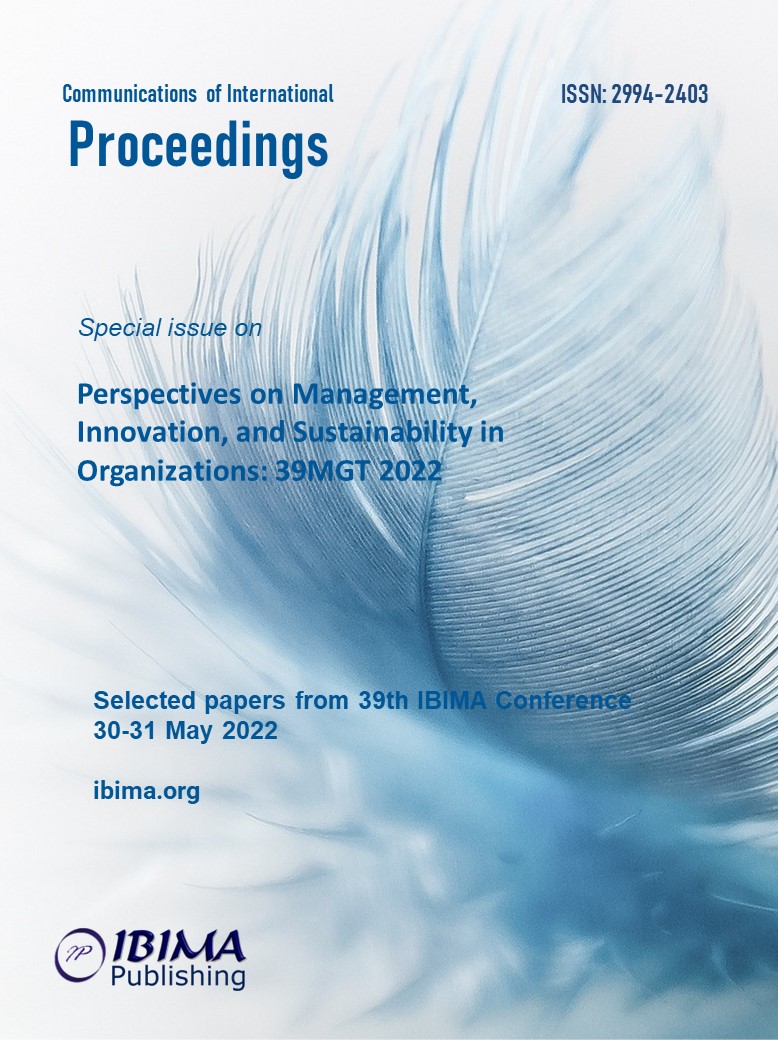
Joanna PIŁACIK and Ewa SNIEZEK
University of Łódź, Poland

For a long time there have been discussions on how to prepare a proper social report so that it becomes a part of company’s management accounting and a basis for decision making in the organization, and at the same time a tool for communicating information to stakeholders. This problem becomes especially important in relation to forest holdings managing state forest assets or private forests in different countries of the European Union. Few studies conducted in this field can be mentioned. The reason for this is certainly the specificity of forest enterprises’ activities and the difficulty in clearly defining the information needs of the main stakeholder, which is the public (society). The gap in the literature in this area justifies the need to undertake research on the content of social reports of forest enterprises in different countries. Comparative analysis allows to determine the similarities and differences in approach to the problem and allows to identify informationally valuable solutions. The purpose of this paper is to present the results of a study conducted to determine the scope of reporting information on social responsibility in forest enterprises. In the study, the authors focused on analysing the reporting of sustainable forest development and corporate responsibility by forest holdings in Europe.
To achieve the purpose of the study, the authors used the technique of comparative content analysis of social responsibility reports of forest enterprises. The Global Reporting Initiative (GRI) standards, which are an international benchmark for this type of research, were used for the analysis.
The purpose of the study is followed by its structure: first, the background of the issue is outlined and a literature review of the research on the scope of reporting of forest holdings in Europe. The review is conducted in the context of sustainable forest development and corporate responsibility. Then, the methodological basis of the study is described. In the next section, its results are presented and commented. The paper ends with a conclusion, a reference to the limitations of the study and an indication of directions for future research.